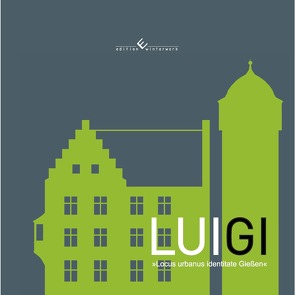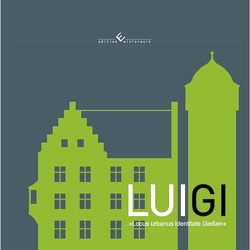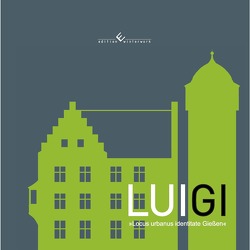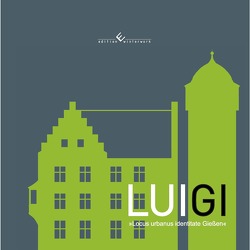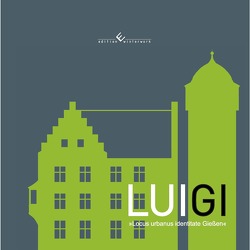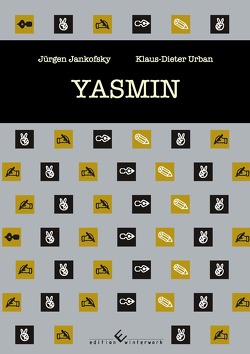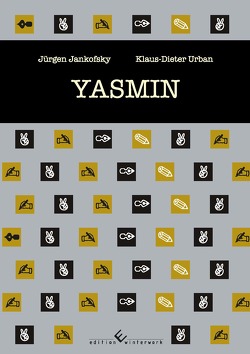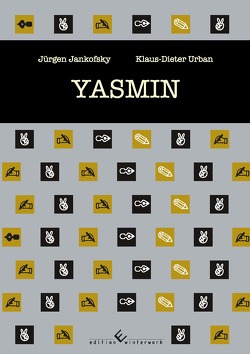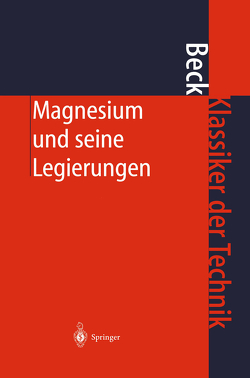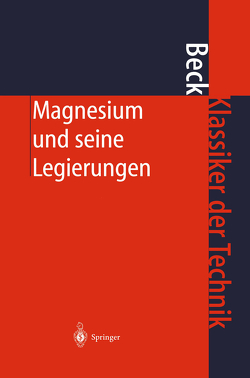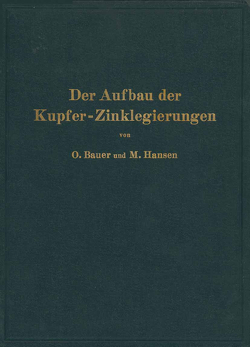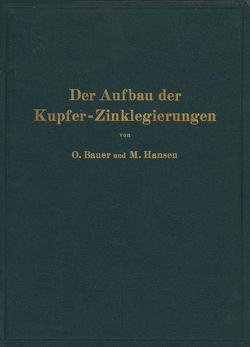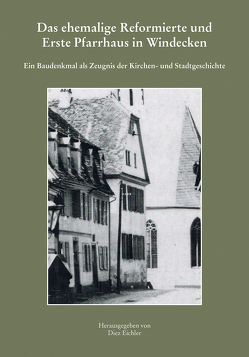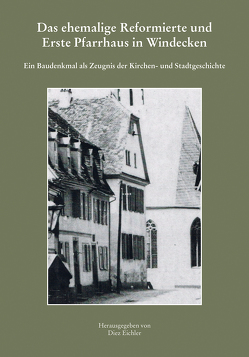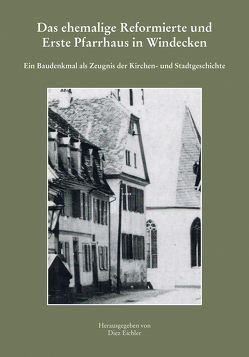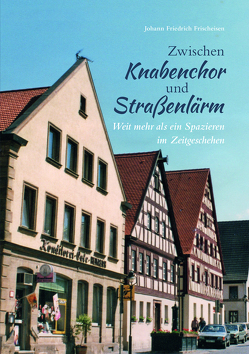Methods and Results of the DAAD international summer school LUIGI
Locus urbanus identitate Gießen
Ulrike Wassermann, Prof. Nikolaus Zieske
In the university town of Gießen (Germany) a process is currently launched for the renewal of the Museum of Local History (OHM) to make it more attractive for the dwellers and to integrate its place better in the everyday urban life. The history of Gießen is closely related to the historical development of the over 400 years affiliated university, so it seems reasonable to tell and to exhibit the history of the city together with the history of the university.
This process of the renewal is exemplary for a number of city museums and museums of local history, which can be observed in many German cities. There are multiple reasons for that. The aspects of a culture of remembrance in a rapidly changing world and the integration of diverse population groups in the urban society are eminent. A museum of local history is the memory of a city and a place of cultural identity and (self-) realization.
Modern museum concepts make it possible for the citizens of a city to contribute their personal horizon of experience into the local museum, so that the history of the city is told multi-perspective and that a deep sense of home can be adjust to the place of residence.
This participation offer is a good opportunity for citizens with immigration background or less-educated citizens to share their personal life experiences and thereby becoming part of the urban consciousness. There is also the tendency that universities want to make their extensive and unique collections available to the public. In context of rebuilding a lost building, the aim is to discuss architectural issues of museums in more detail and to formulate answers during the DAAD international summer school, which has the working title LUIGI, derived from „Locus urbanus identitate Gießen“ or „a place of identity, self-knowledge and self-development“.
